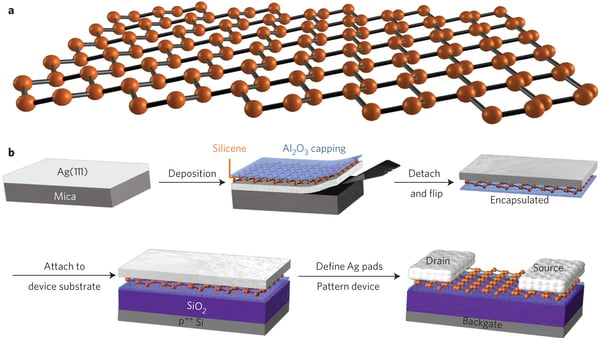
Akinwande has been identified by President Barack Obama, as one of the recipients of “the highest honour bestowed by the US government for science and engineering professionals in the early stages of their independent research careers”.
Alongside 104 researchers, he will receive the Presidential Early Career Awards for Scientists and Engineers in Washington DC later in the year.
“These early-career scientists are leading the way in our efforts to confront and understand challenges from climate change to our health and wellness,” Obama said while announcing the winners.
“We congratulate these accomplished individuals and encourage them to continue to serve as an example of the incredible promise and ingenuity of the American people.”
WHO IS DEJI AKINWANDE?
Akinwande is an associate professor in electrical and computer engineering and the Jack Kilby/Texas instruments endowed faculty fellow in computer engineering in the Cockrell school of engineering at the university of Texas at Austin.EDUCATION
Akinwande graduated from Case Western Reserve University, Cleveland, Ohio, bagging a double degree (B.S/M.S) in electrical engineering and applied physics.His master’s research in applied physics pioneered the design and development of near-field microwave probe tips for non-destructive imaging and studies of materials.
He had his PhD degree in electrical engineering from Stanford University in 2009, conducting research on the synthesis, device physics, and circuit applications of carbon nanotubes and graphene.
INVENTION
According to Akinwande Nano Research Group, the professor is known for his groundbreaking research on nanomaterials, sensors, devices and flexible technology.He is considered one of the top researchers in the world in the areas of graphene, silicon electronics and 2-D nanomaterials for use in flexible electronics.
In 2015, Akinwande created the first transistor out of silicene – the world’s thinnest silicon material – and he is continuing to advance the capabilities of computer chips and other electronics.
He is a co-inventor of a high-frequency chip-to-chip interconnect and an electrically small antenna for bio-electronics.
HONOURS AND AWARDS
Prior to his presidential award listing, Akinwande has been known as a man of many caps, working with US department of Defence in taking academic quantum leaps.He has the following honours and awards to his name:
- IEEE (Institute of Electrical and Electronics Engineers) Nanotechnology Early Career Award, 2015
- Engineering School Nominee for Texas System Regents’ Outstanding Teaching Award, 2015
- TI/Jack Kilby Endowed Faculty Fellowship, 2013-present
- IEEE Senior Member, 2013
- IEEE NANO Geim and Novoselov (Inaugural) Graphene Prize 2012
- NSF Faculty CAREER Award 2012
- DTRA Young Investigator Award 2012
- 3M Nontenured Faculty Award 2012
- Army Research Office Young Investigator Award 2011
- Office of Naval Research Grant Award 2010
- Stanford Future-Faculty DARE Fellow, 2008-2010 (12 fellows selected out of 110 senior Ph.D Candidates from all the Schools at Stanford University)
- Ford Foundation Fellow, 2006-2009 (60 fellows out of over 1000 applicants)
- Alfred P. Sloan Scholar, 2006-2008 (Selected Stanford Ph.D Candidate)
- “Design Award” for outstanding Low-Noise Amplifier Designs by Prof. Thomas Lee (1 of 3 out of a class of ~150 students at Stanford University
- source: thecableng


Post a Comment